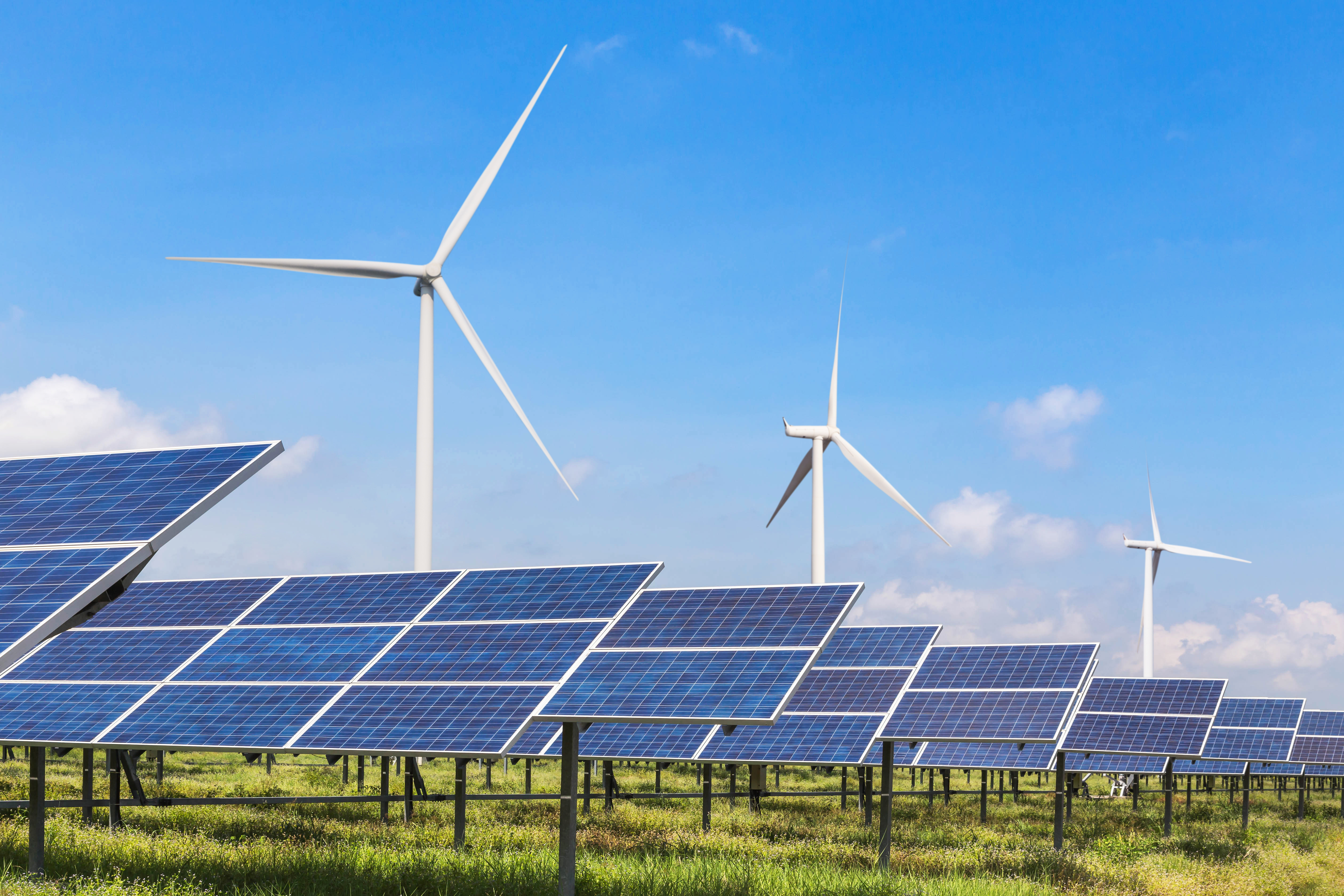15.06.2020
Update on the EEG levy: federal government's economic stimulus package and simplification of application procedure to make use of the Special Equalisation Scheme

On 3 June 2020, the coalition committee of the German Federal Government agreed on a corona-based economic stimulus package worth billions of euros. Around 30,000 million euros, or almost a quarter of the total volume, are flowing directly or indirectly into climate-relevant areas.
1. Reduction of the EEG levy
By far the largest financial position in the energy sector is the planned reduction of the EEG levy. CDU/CSU and SPD have decided to reduce the EEG levy as of next year, financed from the federal budget. The necessary federal funds are to be provided from the revenues of the national CO2 pricing system. The reduction should lead to a levy of 6.5 cents per kilowatt hour in 2021 and 6.0 cents in 2022. Without the reduction, forecasts recently assumed an increase to well over 8 cents per kilowatt hour in view of the COVID-19-related slump in economic output and the associated decline in the price of electricity on the stock exchange. In the current year 2020, the EEG levy is around 6.756 cents per kilowatt hour.
2. Adaptation of the legal framework
The Federal Government has already initiated the process in order to create the legal framework for using revenues from CO2 pricing to reduce the EEG levy this week. To this end, it has adopted amendments to the Renewable Energy Sources Ordinance (Erneuerbare-Energien-Verordnung, EEV). The Ordinance on the amendment of the Renewable Energy Sources Ordinance (Verordnung zur Änderung der Erneuerbare-Energien-Verordnung) (Bundestag printed paper 19/19381) is intended to help reduce the levy from January 2021 using budget funds. First and foremost, the amendment to the EEV creates a new revenue element for budget funds, which the transmission system operators have to take into account when calculating the EEG levy.
According to the explanatory memorandum to the ordinance, the Federal Government intends to take account of a possible change in the assessment of the EEG 2017 under state aid law aspects in good time before 1 January 2021.
3. Consequences of the reduction of the EEG levy for the special equalisation scheme
The electricity price and thus the EEG levy is an important factor in calculating the electricity cost intensity under the special equalisation scheme. The special equalisation scheme limits the EEG levy for electricity cost-intensive companies and railways in Germany.
As a result of the reduction in the EEG levy, certain companies are now threatened with a drop in electricity cost intensity below the required entry threshold for the special equalisation scheme. The Federal Government is aware of this issue, as stated in an answer (Bundestag printed paper 19/18857) to a minor interpellation of the FDP parliamentary group.
According to its own statements, the Federal Government is already examining measures that could avoid the possible effects of a lower EEG levy on the electricity cost intensity of certain privileged companies. This includes the lowering of the threshold values. The Federal Government is keeping an eye on the state aid situation and is holding talks with the European Commission on this issue.
4. Amendment of the EEG 2017 in view of the COVID-19 pandemic
In view of the COVID-19 pandemic and the resulting difficulties for many electricity cost-intensive companies in connection with this year's submission of the EEG limitation application, the legislator has reacted and amended the EEG 2017. A new Section 103 (8) EEG 2017 provides that certain documents may also be submitted after the substantive exclusion deadline of 30 June 2020. These include, in particular, the auditor's certificate, the DIN EN ISO 50001 certificate, proof of the company's statistical classification, electricity supply contracts and electricity bills for the last completed financial year. However, according to Section 103 (8) Sentence 2 EEG 2017, the auditor's certificate and the DIN EN ISO 50001 certificate must be submitted by 30 November 2020 at the latest.
Author quotes
Dr Gernot-Rüdiger Engel: “The financing of the EEG levy from the federal budget is a significant disruption of the levy system that has been in place for years. It is questionable whether the expected revenues from the national CO2 pricing will be sufficient to finance the necessary billions in EEG levies or whether the Federal Government will have to help out with tax money".
Ekkehard Hübel: “The possible lowering of the threshold for electricity cost intensity certainly opens up the possibility for some electricity cost-intensive companies to be able to submit applications for limitation of the EEG levy for the first time. Such a development would be welcome in the interests of the companies".

Dr Gernot-Rüdiger Engel
Partner
Hamburg
gernot.engel@luther-lawfirm.com
+49 40 18067 16639

Ekkehard Hübel
Counsel
Hamburg
ekkehard.huebel@luther-lawfirm.com
+49 40 18067 21848